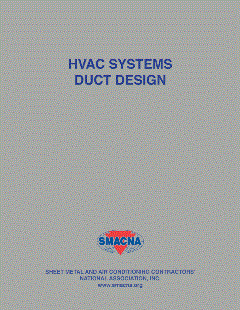DBIA introduced a family of standard contract document forms over a decade ago. Since then, the number of owners relying on the design-build project delivery method has increased exponentially. In the process, design-build team members have gained expertise and case law has evolved to address issues unique to design-build. In response, DBIA has released the next generation of contracts that address these issues and incorporate industry advances of the past decade.
"DBIA contracts remain the most balanced design-build forms in the industry," says Michael C. Loulakis, Esq., DBIA, President and CEO of Capital Project Strategies, LLC, and a member of the DBIA committee charged with the revisions. "The refinements made to the contracts allow the parties flexibility to consider a variety of commercial approaches - all consistent with current best practices."
The 2010 documents reflect DBIA's original risk allocation approach that distributes risk to the participant best able to manage it in the most cost effective manner. And, like the originals, the new documents recognize the need for flexibility. As a result, the new contracts are user-friendly documents that are short on legalese and allow parties to customize contracts to their projects.
There is more than one way to address any contractual issue - be they time-related provisions or ones specifying ownership of design documents. "The menu approach will encourage the parties to discuss difficult contractual issues at the outset of their relationship," explained Bennett Greenberg, Esq., DBIA, a partner at Seyfarth Shaw LLP, and the Chair of the DBIA Contract Committee. "These conversations help owners and the design-build team arrive at a contract tailored to the unique project and each party's risk tolerance."
The new generation of documents also responds to some of the more contentious issues of the last 10 years. Scope of work, for example, is addressed through a more comprehensive framework that ensures owner and design-builder expectations are more closely aligned. The owner's use of prescriptive specifications in project criteria is dealt with in a manner consistent with recent case law. Moreover, exhibits pertaining to sustainable design, building information modeling, and electronic data handling round out this new edition of DBIA Contract Documents.
DBIA Contracts are available individually or as a set. Order these downloadable Microsoft Word documents at www.dbia.org or call 202-682-5877.
Copyright ©2024. All Rights Reserved BNP Media.
Design, CMS, Hosting & Web Development :: ePublishing







